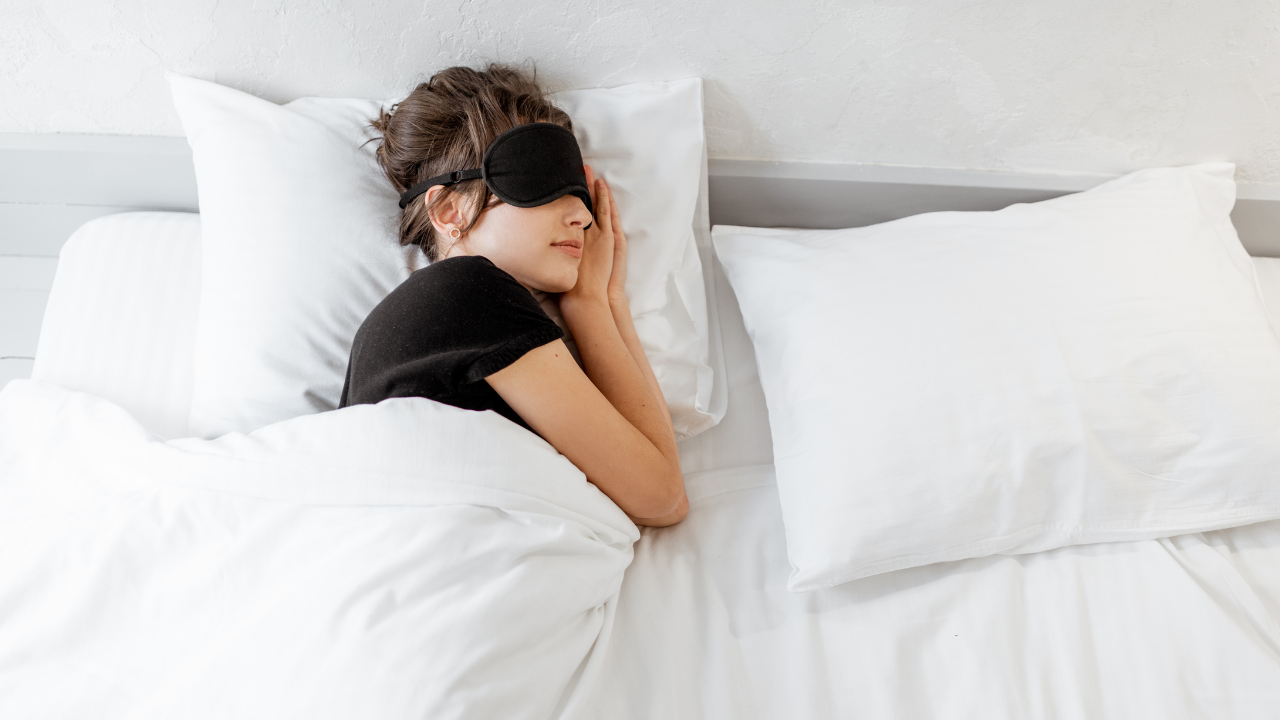How to Balance Hormones through Optimizing Sleep

It's no secret that hormones play a critical role in our overall health and well-being. However, many people are unaware of the direct correlation between sleep patterns and quality of sleep to hormone imbalances. Over the years, research has shown that there is an intimate connection between the gut-brain axis and hormonal balance. When the gut microbiome (collection of bacteria, viruses, and small organisms that live in the gut) becomes out of balance and populated with more hurtful than harmful microbes, it can cause disruption throughout the entire body.
Our hormones are one of the many facets to our wellbeing that become incredibly imbalanced with an imbalanced gut. While it may seem that the best place to start is looking at the microbes and gut function, we have actually determined that addressing sleep quality is the most important place to start when trying to resolve gut and hormone imbalances. Science reveals that after just one night of poor sleep, we experience a microbiome shift, or a change in the levels of certain bacteria in our gut. You can imagine that if a person has been living with severe sleep issues, such as sleep apnea, narcolepsy, blocked airway, or disruptive sleep rhythms, their gut health has taken a serious hit, as well as their hormone production.
Though most of us know that sleep is crucial to our health, we often do not know exactly where to start or where to turn in order to diagnose sleep issues. In order to know where to start, we have to first know the several factors that contribute to high quality sleep. Factors that we have started to consider when addressing sleep issues are:
- The obvious lifestyle factors (i.e. poor night routine, excessive blue light exposure and screen time in the evenings, eating too late, eating excessive sugar/starch at night, unmanaged anxiety, or simply engaging in activities late at night that inhibit a healthy sleep schedule.
- Sleep apnea signs such as snoring or waking up gasping in the night due to a blocked airway.
- Signs of narcolepsy, such as cataplexy, brainwave changes detected by our brainview technology, genetic risk factors, and excessive daytime sleepiness that impairs daily function.
- The less obvious- skull/jaw structure, narrow mouth causing the tongue to block the airway, dental issues, myofacial issues, structural issues causing decreased oxygen in the night.
- Structural issues such as tongue ties, cheek ties, and lip ties.
- Breathing through the mouth vs. breathing through the nose.
If this list resonates with you, or you have unresolved gut or hormone issues, it may be time to have an upper airway analysis or integrative care appointment to rule out sleep issues. This list may seem overwhelming to tackle on your own. Therefore, we have collaborated with knowledgeable physicians to provide treatment options for our patients, as well as a system to guide you along your healing path with ease.
If you are ready to take that next step toward bettering your health and quality of life, click HERE to register with our clinic! If you are already an existing patient and are curious to know more about our services we provide, click HERE to access our website.
Thank you for allowing us to be a part of your healing journey!
